our Training


Our DevOps for Operations course focus's on provisioning, managing, orchestrating, testing & monitoring of AWS cloud infrastructure. Start by building a custom AWS AMI image using Packer. Then use Terraform to build all your servers, Ansible to install and configure software, Gitlab/Github for source control, Jenkins to orchestrate the CI/CD pipeline with integrated testing Ansible Assert on git commit, and finally Elasticstack/Grafana to visualise server performance.

Join us for a full-day hands-on devops tools workshop focusing on provisioning, managing, orchestrating, testing & monitoring of AWS cloud infrastructure using these tools.
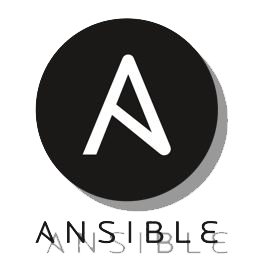
Ansible is an open-source software provisioning, configuration management, and application-deployment tool. It runs on Linux and can configure both Linux and Windows systems
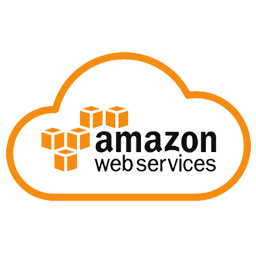
Amazon Web Services is a subsidiary of Amazon that provides on-demand cloud computing platforms and APIs to individuals, companies, and governments, on a metered pay-as-you-go basis
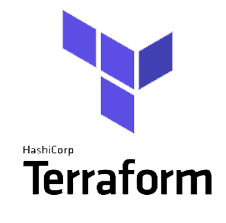
Terraform is an open-source infrastructure as code software tool created by HashiCorp. It enables users to define and provision a datacenter infrastructure using a high-level configuration language known as Hashicorp Configuration Language, or optionally JSON.

Jenkins is a free and open source automation server. Jenkins helps to automate the non-human part of the software development process, with continuous integration and facilitating technical aspects of continuous delivery.
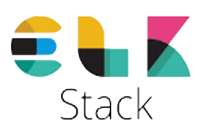
The ELK Stack is a collection of three open-source products. Elasticsearch, Logstash, and Kibana. They are all developed, managed, and maintained by Elastic.

GitLab is a web-based DevOps lifecycle tool that provides a Git-repository manager providing wiki, issue-tracking and CI/CD pipeline features, using an open-source license, developed by GitLab Inc
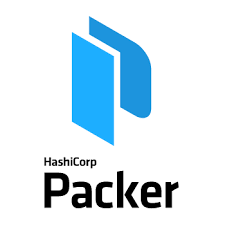
Packer is a tool for building images for cloud platforms, virtual machines, containers, and more from a single source configuration.